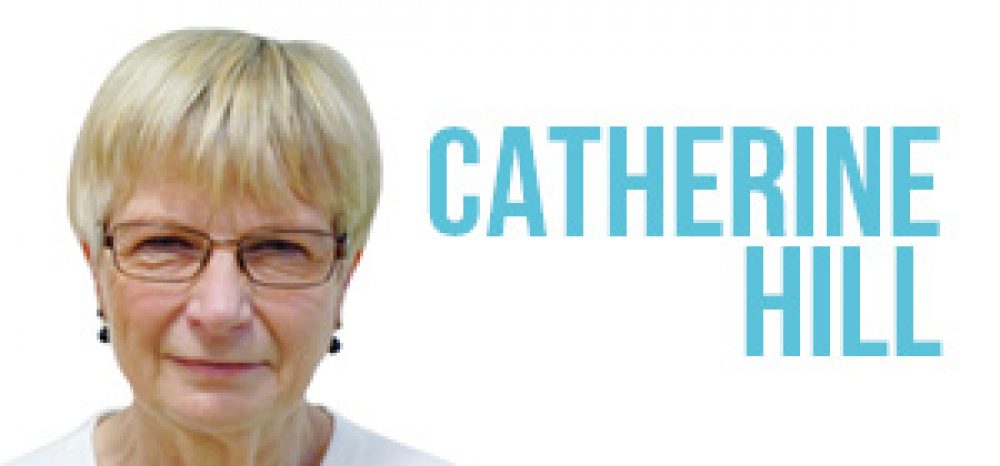Getting into schools, where information, advice and guidance is known to be a problem, can be difficult for colleges. Catherine Hill explains how it can be done.
Ofsted recently judged us as outstanding but while this is understandably a source of great local pride, the inspectors’ comments about the strength of our partnerships with schools, and the impact these have on the progress of our students, may be of most interest to education policy makers.
We believe they provide a win-win model of best practice for collaboration between schools and colleges to the significant advantage of young people.
The considerable effort we put into helping schools meet their statutory information, advice and guidance (IAG) duties has a very positive impact on the ratio of students moving into jobs or further study after they leave us.
Those partnerships take various forms.
Throughout the year, we run ‘super learning days’ with local high schools, designed around thematic learning experiences. They have included CSI Week — covering subjects as diverse as chromatography in forensics, statistics in advertising and the velocity of blood splatter — and Balloon Car Challenge, in which students work as a Formula 1 race team to create a car using a box of supplies.
Although the focus is on science, technology, engineering and maths subjects, the day incorporates other careers, including HR, marketing and finance
Although the focus is on science, technology, engineering and maths subjects, the day incorporates other careers, including HR, marketing and finance.
By allowing students to live and act out these careers as opposed to simply outlining their options, we are able to offer engaging and useful IAG which is likely to inspire them.
The super learning strategy started three years ago and grew out of experience and chat among our partner schools. Our senior team had become increasingly involved in helping local schools as governors or in support across a range of issues including staff development, marketing and curriculum development. We began to see more clearly how we could help in terms of careers guidance.
In addition, we run an English festival for school pupils, promoting the number of careers around English (where speakers have included stand-up comedians, journalists, songwriters and poets) and a written English campaign, in which Year 7 to 10 pupils are challenged to write a 1,000-word story after completing a critical thinking workshop delivered by college staff and supported by English undergraduates.
Other events include a maths ‘pyramid’ day for primary and secondary schools — where Year 5 pupils are grouped with Year 8 mentors in the college’s university centre, to take part in maths workshops delivered by tutors, assisted by college student ambassadors.
Partnerships are not limited to the secondary sector, not least because there are clear advantages for FE providers in helping develop literacy and numeracy among younger cohorts.
After research from the Literacy Trust found that 1-in-3 children didn’t own a book and 7 per cent had never been to a library, we launched our Illuminators storytelling sessions with Year 3 children. Students from the college’s School of Society, Health and Childhood read to the children to inspire and engage them through stories and literature. So far 620 children have taken part.
Our strategy has been one of reacting to the issues of the day faced by schools. In the case of IAG, high school staff were struggling to know how to meet the demand and how to deliver effectively — many high school teachers are subject teachers and may not have experience of their subject as a career.
We recognised that our teaching workforce were essentially career professionals first and lecturers second, so we could talk confidently and give career experiences in whatever young people wanted. We’ve done those jobs.
We team teach with our partner high school staff and this is where things really take off and become a community of developing practice. As a result, high school teachers can build up their resources and knowledge to contextualise their subjects.
We are all aware of the potential for collaboration and the value of partnerships in getting the right students onto the right courses. Get this bit right and we’ll really start to change lives.
Catherine Hill, deputy principal, Blackpool and The Fylde College









Your thoughts